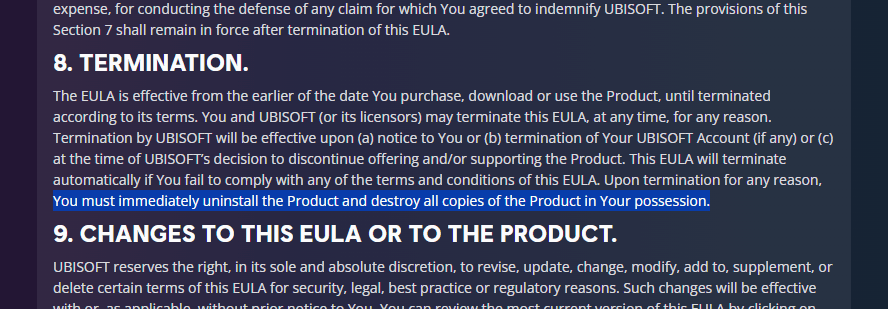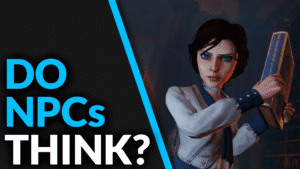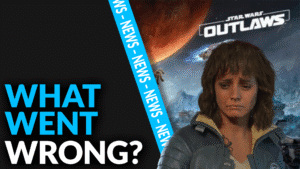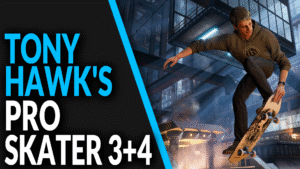Ubisoft wants you to destroy your games on their call. Yes, this is not a joke.

So let’s get into the full mess. Ubisoft, the same company behind franchises like Assassin’s Creed and Far Cry, recently updated their EULA to include a clause so wild it had the internet doing double takes. The company now states that if they decide to revoke your game license – for literally any reason – you’re legally obligated to not just stop playing the game, but to fully uninstall it and destroy all copies you own. And yes, this includes physical discs.
Let that sink in. Not just digital games, which we’ve already been conditioned to think of as “licensed,” but physical games too. That little plastic case on your shelf? It means nothing. According to Ubisoft, if they pull the plug on a title, they expect you to manually nuke your copy from existence. We’ve reached the part of the simulation where publishers are effectively telling gamers to torch their own libraries on command.
Now Ubisoft didn’t shout this from the rooftops. They didn’t announce it during a live stream or drop it in a flashy PR package. They did it the usual way – sneaking it into the fine print where most people wouldn’t notice unless a lawyer or an outraged Redditor pointed it out. And that’s exactly what happened. Word started to spread across forums and YouTube breakdowns, and soon the backlash ignited.
Why would a company do this? Well, Ubisoft says it’s to protect themselves legally. When a game is taken offline – especially ones that are online-only – they don’t want people continuing to access it or potentially modifying it. But from the consumer’s side, it’s being seen as yet another massive overreach in an industry that’s already dangling on the edge of a full-blown ownership crisis. And the timing couldn’t be worse.
Because this update isn’t happening in a vacuum. It comes right in the middle of the “Stop Killing Games” movement – a gamer-led campaign that took off like wildfire after Ubisoft did something even more nuclear: they shut down The Crew. Not just the servers, but the entire game. People who paid for it couldn’t access it anymore, period. Even if you had the files downloaded. Even if you bought a physical version. The Crew was dead. Ubisoft killed it, and they didn’t even pretend to offer an offline mode or single-player fallback. Just gone.

That moment became a rallying cry. YouTuber Ross Scott dropped a now-iconic video where he dissected the absurdity of companies being allowed to wipe entire games off the map. He kicked off the EU petition now known as “Stop Killing Games,” which has racked up over a million signatures and continues to put pressure on lawmakers to regulate game preservation. At the core of this fight is a simple idea: if you buy a game, you should get to keep playing it – even if the company that sold it to you decides they’re done supporting it.
Ubisoft’s new EULA is a direct slap in the face to that concept. It doesn’t just ignore the idea of game preservation – it actively demands the destruction of your personal property if they say so. And when gamers started asking questions, the company didn’t provide much of a defense. In fact, they doubled down, reiterating that users are simply licensees, not owners, and that their licenses can be terminated at any time. No refunds. No appeals. Just a digital guillotine dropping on your game library.
The broader implications are chilling. If other publishers follow suit, we could enter a new phase of gaming where even your physical collection is subject to erasure. Imagine a future where game companies scan your library for EULA compliance, or where retro game collectors have to hide their copies of delisted titles like they’re hoarding contraband. Sounds extreme? Maybe. But then again, nobody thought a publisher would write “destroy all copies” into a contract either.
And legal experts aren’t exactly on Ubisoft’s side here. Once a contract is terminated, enforcing post-termination demands – like the destruction of private property – is legally murky at best. You can’t exactly police what someone does with a disc after their license is revoked. But Ubisoft’s move isn’t about practical enforcement. It’s about setting a precedent, one that asserts total control over your access to and use of a product, even if that product sits physically in your living room.
Gamers are pushing back, hard. Online, forums are filled with people questioning how far publishers will go before governments step in. The “Stop Killing Games” petition has now become a litmus test for the future of digital ownership. Will players finally get some level of protection, forcing companies to offer offline modes or release server code when they abandon games? Or will this just become the new norm – where every digital purchase is a ticking time bomb and your disc collection is only one EULA update away from being a legal liability?
Ubisoft’s latest move didn’t just tweak a contract – it poured gasoline on a growing fire. The question now isn’t just about them. It’s about the entire gaming industry. Is this where things are headed? A future where you don’t own anything, not even the data on the disc you physically bought?















